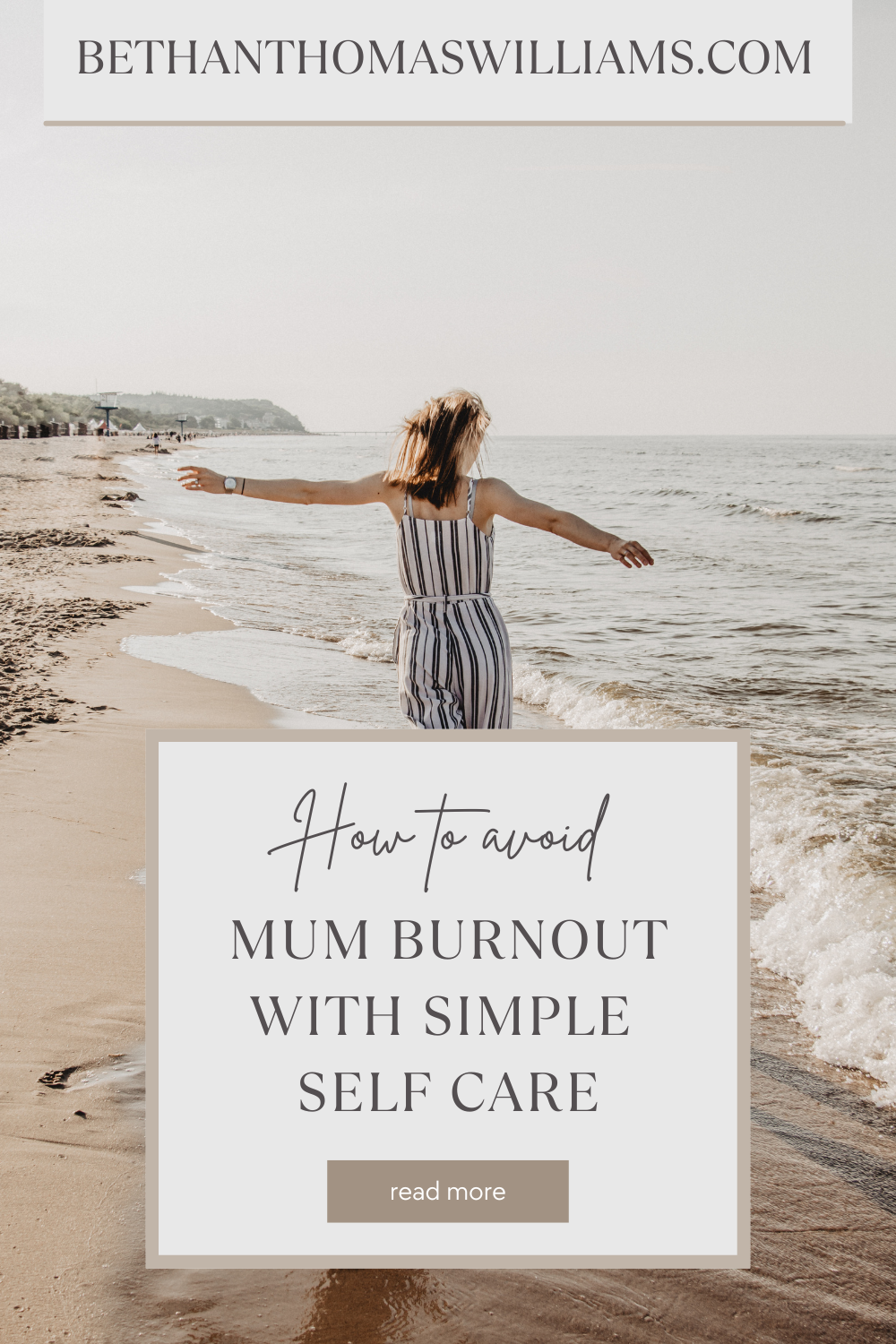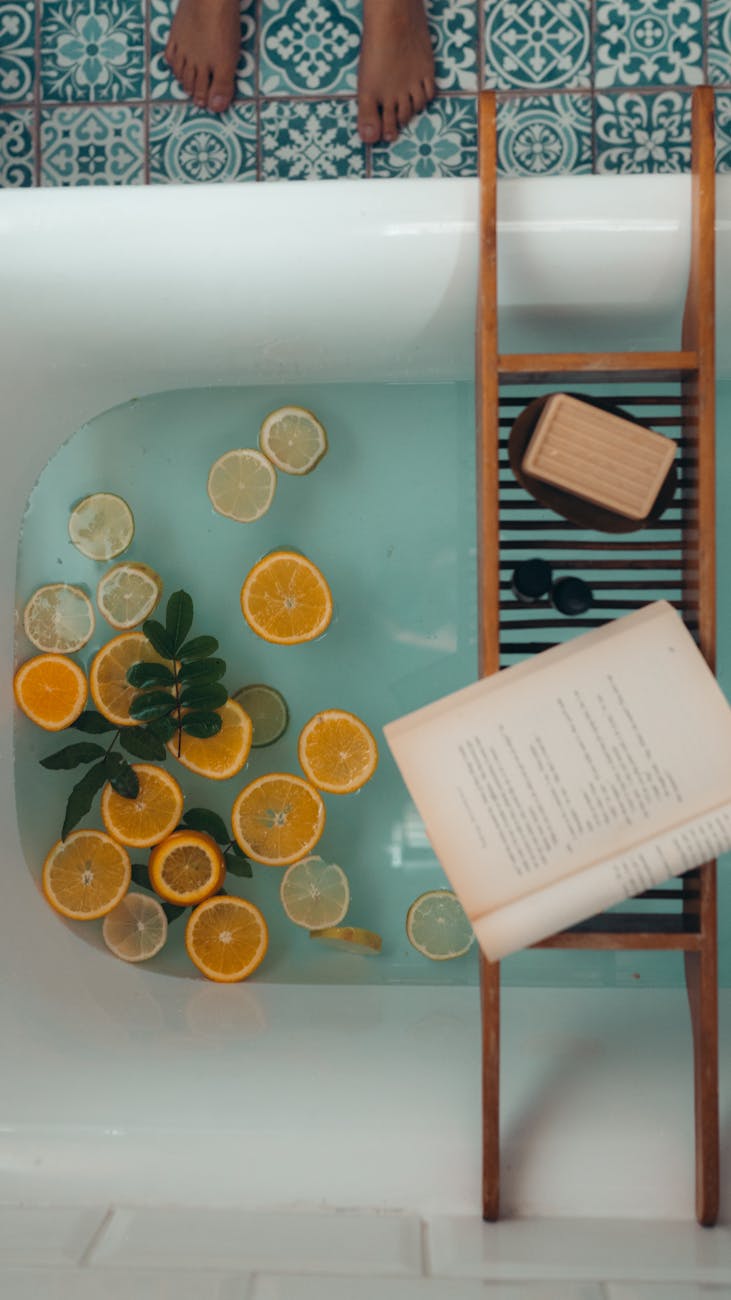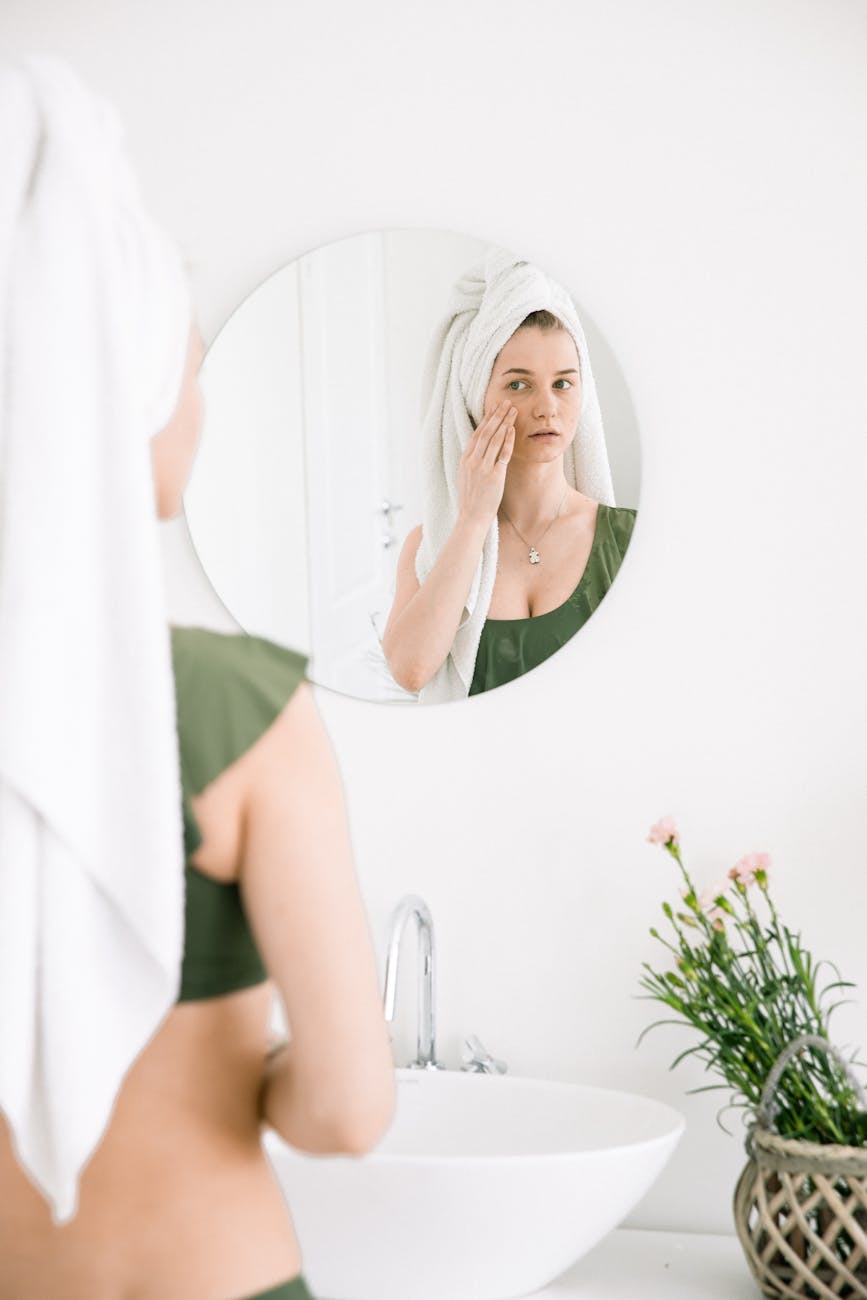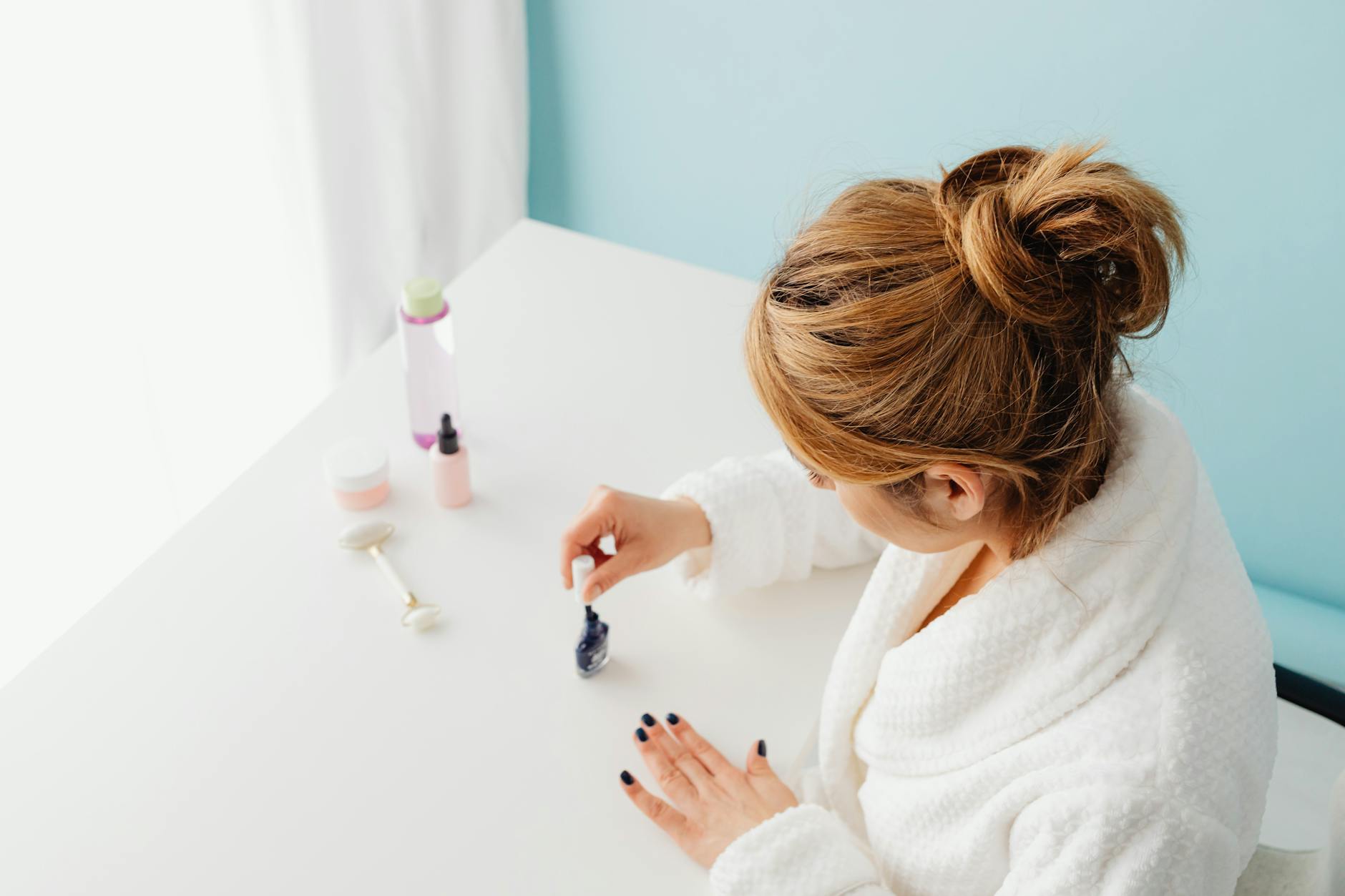Motherhood can be overwhelming (and a little bit exhausting), and by the time we have made sure that everyone’s needs have been met and all the things that need to be done have been done – we are too tired to even think about self-care.
This is how we can find ourselves in a cycle that, if we are not mindful about, can end up with us burning out.
The thing with burnout as well, is that it is sneaky. It slowly creeps in and by the time we realise that we are feeling a bit burnt out – we are actually QUITE burnt out.
The key is (as with everything!) prevention.
Once we are actually burnt out, we can come back out of it again, but it’s a slow process.
It’s easier to notice the signs and stop it if we can.
This blog post will help you to recognise the signs of burn out and help you do the things you need to do to prevent it from becoming full-scale burn out.
So grab yourself a cuppa and take 5 minutes for you whilst you read it.

What is mum burnout?
Burnout is quite complex and not everyone is going to experience it exactly the same.
Burnout happens when the amount of stress that we are under, over a long period of time, exceeds the amount of recovery and self-care that we are able to do.
To put it a bit simpler, if we are under a lot of stress for quite a while and at the same time we aren’t getting a chance to have a break, or we aren’t getting enough sleep, or we aren’t able to meet our own needs (hello motherhood!) then we are at risk of burning out.
Everyone is at risk of it, and it needs to be clear that if you are feeling the signs of mum burnout then that doesn’t mean you can’t cope as well as anyone else.
It just means you have a lot going on.
There are some mums who are more at risk of it happening to them – such as overwhelmed mums, carer mums, mums who also work outside the home, mums with a lack of support, mums with mental health issues, perfectionist mums etc.
The main point is that ALL mums are at risk of burning out, and when we think about all the things that we to manage as mums and the amount of time we have for ourselves or to take care of our own needs – it’s not really that much of a surprise!

The signs of mum burnout
There are quite a lot of different signs of burnout, and not everyone is going to experience them all.
This isn’t an exhaustive list, but it should help give you an idea of whether you may be experiencing mum burnout.
- You feel like you are in a bad mood, or just feel ‘meh’ and you just can’t shake it off.
- You feel emotionally disconnected from your child or your family.
- Everything just feels hard.
- You feel like if there is ‘one more thing’ it will just tip you over.
- You feel like you aren’t doing a good job at parenting
- Feeling like you just can’t keep up
- You feel overstimulated by touch, sound or lights
- ‘Zoning out’ or ‘escaping’ – mindlessly scrolling social media, emotionally eating, using alcohol or drugs etc to cope,
- Exhausted all the time
- You feel like you NEED a break, not just that a break would be nice
- Forgetting things
- Shouting or snapping
- Sleep issues
- Eating more or less than usual
- You feel health wise you don’t feel great – you are picking up everything
If you are feeling some of these things, and just don’t feel you are coping very well, go and have a chat with your doctor – there is an overlap with a lot of these signs with anxiety and depression.
How mum burnout happens
Burnout happens when our long-term stress is more than the amount that we are able to meet our needs so we can recover from that stress.
In a short-term stress situation, something stressful happens, we do something that helps regulate our nervous system and that resets us – most of the time this is sub-consciously and then we just carry on with our lives.
An example
Let’s say for example, you just went to stroke a dog and it tried to bite you.
Your stress response – flight or fight – would instantly kick in to protect you.
The dog doesn’t bit you, he get’s locked in your house and you are safe.
At this point your nervous system tries to regulate – maybe you start crying, maybe you have a laugh about it with your friend who was with you at the time, maybe you carry on with your walk.
All of those things (as well as other things) help regulate your nervous system.
You carry on with your day and you are no longer stressed out because you are no longer in that situation anymore.
The reality for more of us is that we don’t just have one stress a day and that’s it.
We might wake up late, have a bit of a stressful morning, forget PE kit, get stuck in traffic and then be late for an appointment.
All those things cause the stress system to kick in, it doesn’t have to be something big.
We end up having more stressful things happening than the amount of time we have to take care of our needs.

Why self-care is essential in preventing mum burnout
So the key to preventing burnout (and overcoming it) is to prioritise self-care and making sure that our own needs are met.
Self-care gets a bit of a bad rap, we tend to think of it as bubble baths and nail painting and spa days and all the things that we just don’t have the time for as mums.
But true self-care is doing the things that helps us create a life we don’t want to escape from.
Which is exactly the kind of self-care we need when it comes to burnout and self-care for mums needs to be something that we can just fit into our life.
Not something that we need to overhaul our entire life for.
Preventing burnout needs to be a two-pronged approach.
We need to reduce the stress in our life and we need to make more time for self-care.
Just as a side note, being intentional about reducing stress in your life – also counts as self-care!
Why self-care for mums matters
We know taking care of ourselves is important.
Actually doing the self-care as mums is the tricky part.
It’s so important that we do find ways of fitting it in – whether that’s waking earlier, or during nap time or taking an hour every evening once your partner comes home – make it work for you.
Self-care is important for so many reasons:
- Supports our mental and emotional health
- Improves our energy levels
- Helps prevent and overcome burnout
- Helps us feel less lost in motherhood
- Reduces stress
- Promotes better sleep
Honestly, the list is so long for why self-care matters but here are just some examples of the benefits.
A lot of mums avoid self-care out of guilt, but I think it’s really important that we understand that taking care of you and your own needs is actually a part of taking care of your kids.
You aren’t taking anything away from your family when you are making sure your needs are being met, you are actually giving more to them because you are giving them the best version of you.
Self-care for mums isn’t selfish – it’s saying ‘me too’.
You are not an after-thought, your needs are important too.

What self-care can look like for busy mums
Self-care isn’t about perfection.
As mums we don’t have blocks of time to just take a day off and go to the spa.
We need to be more strategic about fitting self-care into our lives.
The only way that we can be consistent with self-care is to fit it into our lives, and not try and overhaul our entire life to fit it in, because we know that just won’t work.
Just small, simple and doable things everyday add up.
Easy ways to practice self-care for mums
- Drink more water
- Mindfully drink a cup of tea
- Do some stretches while waiting for the kettle to boil
- Say no to something that drains you (or to anything that isn’t a hell yes)
- 5 minutes of stretching
- 5 minutes of breath work
- Go to bed earlier
- Text a friend
- Ask for help
- Read 5 minutes of your book
- Do a cooling eye mask
- Do 5 minutes of your hobby
- Put some upbeat music on (or some calming music)
- Get outside
- Have a healthy snack
- Paint your nails
- Have a bath
Just fitting in 5 minutes of self-care every here and there throughout your day is going to really help you keep feeling like you.
It’s very easy to become very overwhelmed or feel like your losing yourself in motherhood – but self-care is the thing that will bring you back to feeling like you.

Self-care is more than bubble baths
Bubble baths and painting your nails gets a bit of a bad rap when it comes to self-care, but they are still important pieces of the taking care of you jigsaw.
I don’t know about you but having freshly painted nails, or my eyebrows done or just little things like that does make me feel good.
It makes me feel like I’m not completely letting myself go after all.
While I believe these things are an important part of self-care – they are not the full picture.
True self-care is creating a life you don’t want to escape from.
Bubble baths and nail painting and the more superficial things definitely have their place in that.
But it is the bigger things that are more important – things like:
- reducing stress
- having rhythms and routines in your home
- having a morning and evening routine
- making sure you are doing the things that you enjoy
- seeing your friends
- date days/nights
- working out what is stressing you out in your life and doing things to tackle it
- budgeting
- making a plan to pay off debt
- therapy
- talking things out with friends/family
- journalling
These things may seem like the more boring self-care options, but they are actually the options that are going to make you love your life.
Yes they are boring – but they are the game changers.
Self-care isn’t always pretty and instagram worthy, the real self-care can actually be pretty hard.
They are the things that are going to prevent you from burning out (or help pull you back) and honestly, they are going to change your life.
If you want to read a bit more about this sort of self-care, you can read this blog post here.

How to prioritise self care as a mum
Self-care needs to become a non-negotiable part of your daily routine.
There are going to be times when you can fit it in more, like planned spa days or date days etc.
The majority of the time, for most of us, we are going to be in mum mode and that means finding ways of fitting it in where we can.
Remember you have to start small, just one thing at a time and it’s going to become a habit.
Maybe you could try drinking a glass of water while you wait for the kettle to boil.
The first few days you will be very mindful about it, it won’t come naturally if that is something that you don’t typically do.
By the end of the week (or after a few weeks) it will have started becoming a habit, and you will automatically reach for your glass of water every time the kettle boils without even thinking about it.
You will have formed a new automatic habit.
Do things that make it easier for yourself – such as always having a glass of water by the kettle to prompt you into remembering.
Then move on to the next self-care habit you would like to form.
Create routines for self-care
Having a routine will help make self-care a daily thing for you, without taking up too much brain space.
With the exception of the beginning when you are getting used to the routine!
Having a morning and an evening routine will help you to fit in some of the more taking care of you self-care tasks.
You could try adding things like journaling, cleansing your face, reading a chapter of your book etc, in into your morning/evening routine – and those things done consistently every day will add up quickly.
Routines for managing stress
Maybe a cleaning routine isn’t the first thing that pops into your mind when you think of self-care, but reducing stress is a huge part of self-care.
Having cleaning or laundry routines that will help you stay on top of your home without it becoming a huge overwhelming and daunting task will help lower your stress-levels.
It doesn’t have to be complicated, you don’t have to plan to spend your entire day cleaning, but just knowing that there is plan for everything to get done, really does help.
If you need help creating routines to help you keep on top of your home here are a few posts that might help:
Morning Routine for a calm home
How to make a daily cleaning routine
Why a routine is essential for stopping mum burnout
Why Rhythms and Routines in your home will help you on your health journey.
How to re-frame cleaning your home as self-care
The simple way I keep on top of cleaning and decluttering our home
Doing things that are going to help to lower your stress level is extremely important in preventing burnout.
We need to be taking better care of our own needs whilst at the same time doing things that will reduce our stress levels to both prevent and overcome mum burnout.

Remember- you deserve to be taken care of too
It is very difficult to be the mum that you want to be when you are constantly running on empty.
It’s a lot easier to be the fun and happy mum when you have been taking care of your own needs too.
It’s much easier when you’ve had a bit more sleep, and you are eating well and moving your body and taking time to do the things that make you feel like you – reading or crafting or whatever hobby it is that you have.
The thing to remember is, you are not aiming for perfect.
Perfection doesn’t belong in motherhood.
You are just aiming to be 1% better at the things that are important to you.
We do this by adding in small steps – the tiny insignificant things, such as going to bed 5 minutes earlier, or choosing a piece of fruit and some nuts as a snack or drinking a glass of water – the tiny, insignificant things really do add up quickly.
Keep adding things in one daily habit at a time, and a year from now, your life is going to be unrecognisable.
The other thing that has no place when it comes to self-care and stops mums from prioritising self-care is guilt.
Guilt really has no place here either.
Taking care of yourself doesn’t mean that you are putting yourself and your own needs before your children’s needs, it means that you are saying that your needs are important too.
If you are struggling with this, imagine a friend had said to you that they are feeling a bit burnt out but they weren’t going to do anything about it – my guess is you’d encourage them to take better care of themselves, you’d offer to help.
Do the same thing for you.
Let me know in the comments one self-care habit that you are going to try and bring into your life – remember start small.
Beth x